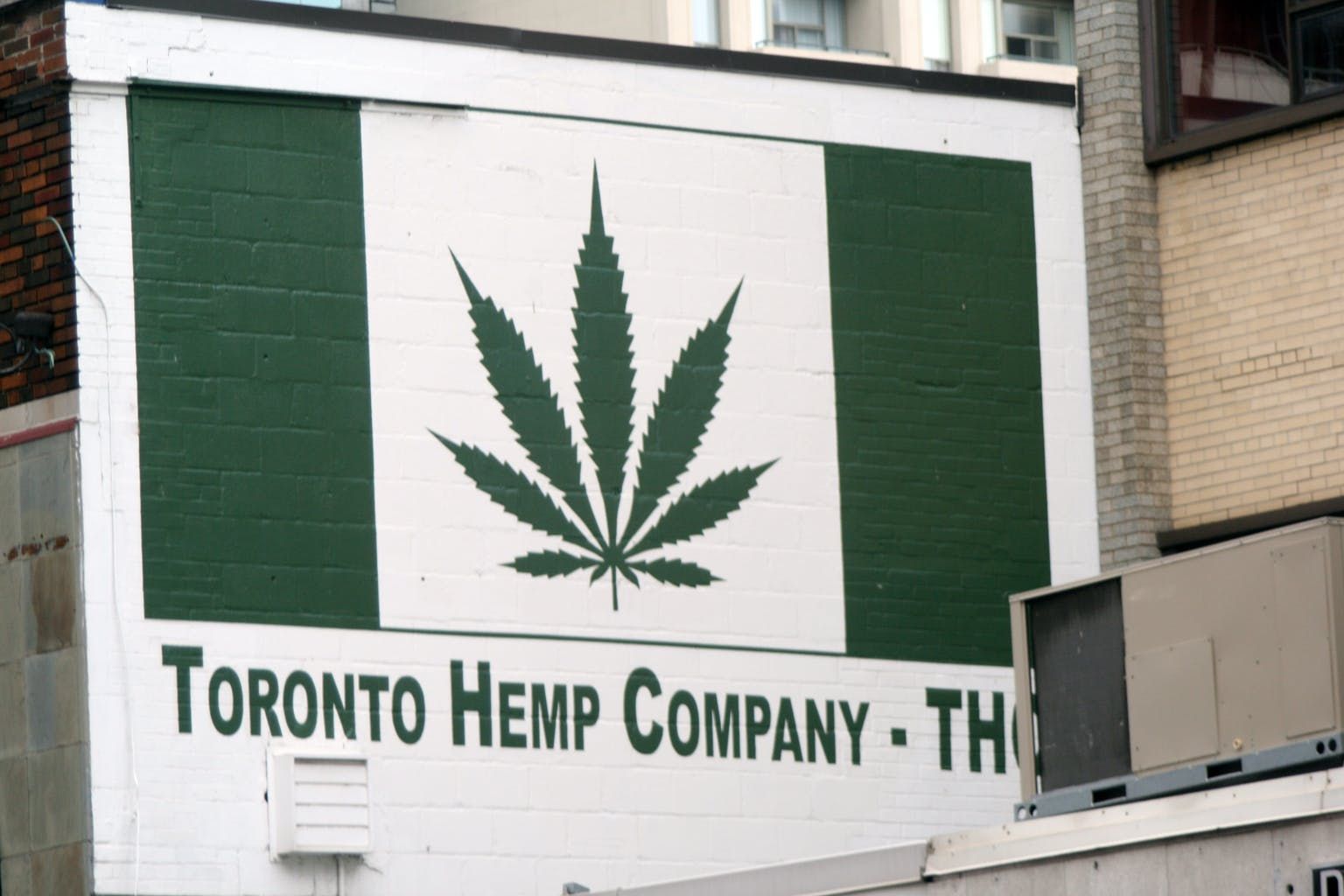With 23 states and the District of
Columbia
having legalized medical marijuana to some degree, health-related
cannabis products are growing. Some of these products are hemp-based and
some are marijuana-based, but what is the difference?
Hemp Versus Marijuana
Hemp and marijuana are two varieties of the same plant, cannabis sativa.
Hemp refers to a variety that has agricultural and manufacturing uses,
while marijuana is the name traditionally given to plants grown for
their psychotropic effects. Differences include:
- How they are cultivated. Hemp is grown outdoors whereas
marijuana is grown both outdoors and indoors. - Their size and structure. Hemp grows between 10 and 16 feet in
height and looks like bamboo. Marijuana is less than 5 feet tall, is
bushy and has more flowers. - Their utility. Hemp is used to make textiles, rope, paper,
plastic, food, body care products, nutritional supplements,
essential oils and medicine. Marijuana is primarily used for
recreational and medicinal purposes. - The cannabinoid composition. According to the U.S. Department
of
Agriculture,
hemp contains less than 1 percent tetrahydrocannabinol (THC), which
is the chemical associated with marijuana’s high. In contrast,
marijuana contains between 3 percent and 15 percent THC.
Legal Usage
Another distinction between hemp-based and marijuana-based products is
their
legality.
Products derived from marijuana can only be sold in states that have
passed medical marijuana legislation. Hemp-derived products, on the
other hand, are legal in all 50 states.
Until recently, hemp was illegal to grow in the United States, so all
hemp-based products were imported. In the past few years, some states
began allowing for academic and agricultural hemp research, as well as
exploration for potential commercial opportunities. In 2014, federal
legislation
was signed approving hemp research in states that had previously passed
hemp laws.
Hemp Oil
One medical product on the market is hemp oil. Hemp oil is made from
seeds or from processed hemp stalks. While touted to be full of
CBD, which is
used to treat nausea, vomiting, seizures, inflammation, mood disorders
and pain, hemp oil is not regulated. Thus, the amount of CBD may not be
optimal for medical purposes.
In addition, hemp oil is high in polyunsaturated fats. Excess
polyunsaturated fats have been linked to cardiac problems, increased
risk of inflammation and tumor growth. Some who have taken hemp oil
report side
effects
including diarrhea, cramping, anxiety, hallucinations and problems with
excess bleeding.
Finally, hemp oil may contain soil contaminants, such as heavy metals,
that may not be filtered out of the final product. So when seeking
medical cannabis solutions, be sure to purchase your cannabis product
from a reputable dispensary that has had its product tested for purity
and safety.
Comparison
Both Hemp and Cannabis have noticeable levels of CBD, which is beneficial in many medical applications.
Many experts, however, believe that CBD derived from Cannabis can be more effective.
It is seen as more effective because of the ‘entourage effect’, how the cannabinoids all work together in the body.






